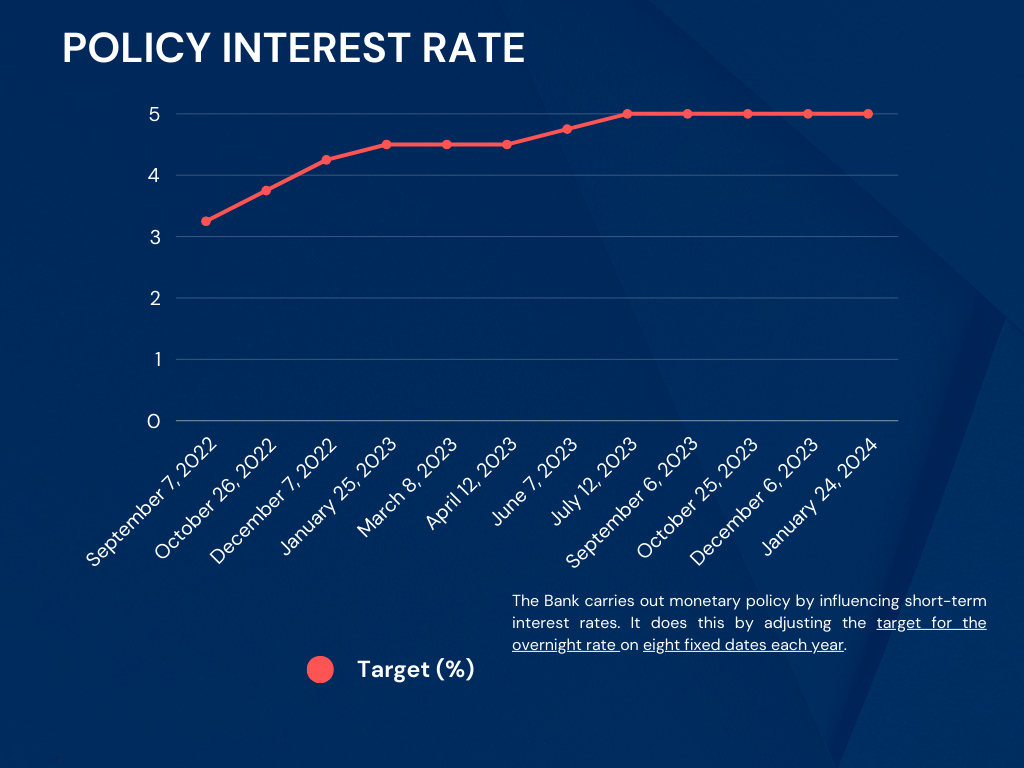The federal government this past week announced a variety of tax measures to help Canadians facing hardship as a result of the COVID-19 outbreak. Here’s a quick summary of the major tax changes affecting individuals.
TAX PAYMENT AND FILING DEADLINE
You now have until June 1, 2020, to file your personal tax return, which is one month later than the usual April 30 deadline. Self-employed taxpayers (and their spouses or partners) still have until June 15, 2020, to file.You also now have until Aug. 31, 2020, to pay any balance owing on your 2019 tax returns, which is four months later than the usual April 30 deadline. You may have to pay interest on any balance owing after Aug. 31 for your 2019 tax return.
TAX INSTALLMENTS
You now have until Aug. 31, 2020, to pay your March 2020 and June 2020 quarterly personal tax installments, and any other installments that would normally be due between March 18 and Aug. 31. The government has confirmed that neither interest nor penalties will accumulate on these amounts during this period.
TEMPORARY INCOME SUPPORT FOR WORKERS AND PARENTS
The first is waiving the one-week waiting period for those individuals in imposed quarantine who claim EI sickness benefits, and waiving the requirement for a medical certificate to qualify for those benefitsSecondly, the government is introducing the Emergency Care Benefit (ECB), which will provide up to $900 bi-weekly for up to 15 weeks. This flat-payment benefit will be administered through the CRA and provide income support to workers (including those who are self-employed) who are quarantined or sick with COVID-19 but do not qualify for EI sickness benefits.The ECB will also be paid to workers (including self-employed) who may be taking care of a family member, such as an elderly parent, who is sick with COVID-19 but does not quality for EI sickness benefits, and to parents with children who require care or supervision due to school closures and are unable to earn employment income, regardless of whether they qualify for EI or not.
SPECIAL ONE-TIME PAYMENT
The government announced a one-time special payment to be given out by early May 2020 through the GSTC, thereby doubling the maximum annual GSTC payment amounts for the 2019-20 benefit year.
INCREASED CANADA CHILD BENEFIT
The government is also increasing the maximum annual CCB amounts for the 2019-20 benefit year by $300 per child.
RRIF MINIMUMS
The government announced it is reducing the minimum withdrawal from RRIFs in 2020 by 25 per cent “in recognition of volatile market conditions and their impact on many seniors’ retirement savings.” For example, a taxpayer who was 71 on Jan. 1, 2020, now only has to withdraw 3.96 per cent of the fair market value of their RRIF (as of Jan. 1), down from the normal rate of 5.28 per cent.


